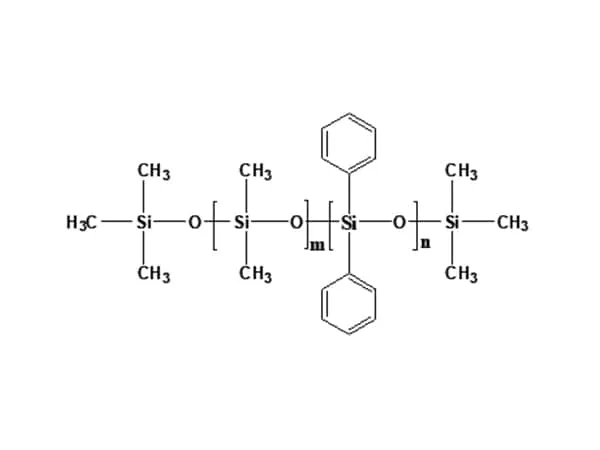Silane coupling agents offer numerous advantages but also come with certain limitations:
Advantages:
Enhanced Adhesion: Improve bonding between dissimilar materials.
Moisture Resistance: Protect interfaces from water-induced degradation.
Mechanical Reinforcement: Strengthen composites by improving filler-matrix interactions.
Versatility: Compatible with a wide range of organic and inorganic materials.
Durability: Enhance the long-term performance of materials in harsh environments.
Limitations:
Sensitivity to Moisture: Can hydrolyze prematurely if not stored or applied correctly.
Cost: High-quality silane coupling agents can be expensive.
Complexity: Requires careful selection and optimization for specific applications.
Overuse Risks: Excessive amounts can lead to brittleness or reduced performance.
Understanding these advantages and limitations is crucial for effectively utilizing silane coupling agents in various applications.
